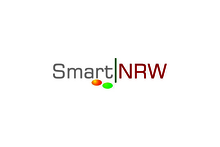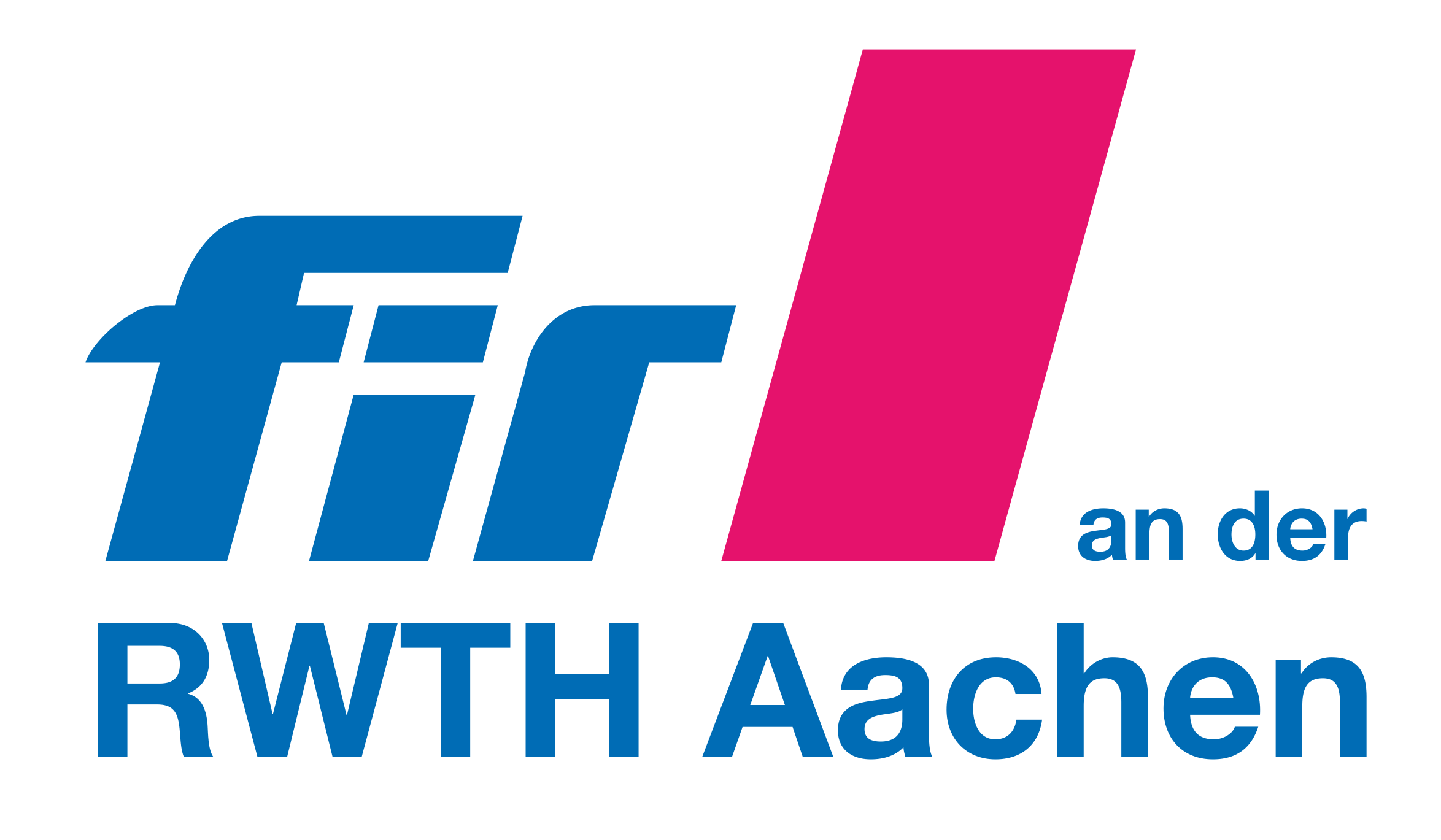Smart.NRW
Supply-Chain-Exellence in the consumer goods industry by adaptive planning proccesses and RFID source tagging on case level

Smart.NRW aimed at creating an RFID-based self-optimizing Supply Chain. Therefore following results were developed: Method for automated determination of optimal transponder type and position, production technologies for integration of RFID transponders into cases and adaptive planning and control mechanisms for optimizing and stabilizing the supply chain.
Radio-frequency identification (RFID) is a technology for identification of objects without needing a line of sight. In contrast to barcodes, RFID also allows for simultaneous identification of several objects (bulk reading). By using RFID on cases of consumer goods, challenges of the industry like out of stocks and volatility in stocks will be addressed. Smart.NRW aims at creating an RFID-based self-optimizing Supply Chain. Therefore adaptive planning and control processes for supply chain optimization will be developed.
These processes use RFID based real-time information on stocks and material flows. For doing so, various technical challenges must be solved: The performance of bulk reading is subject to the materials used in consumer goods and its packaging. Therefore a method for automatically determining the optimal RFID tag and its position was developed. This information was used in a production method for card board boxes that integrates the RFID tag into the packaging material. Thereby, real-time logistics information on the product could be collected along the whole supply chain from packaging producer to wholesaler. For collecting necessary data and evaluating the project results a field test along the supply chain from manufacturers of card board and confectionery via logistics service provider to wholesaler was carried out.
Topic Area
- Information Management
- Production Management
Research Focus
- Informationstechnologiemanagement
- Logistikmanagement
- Produktionsplanung







